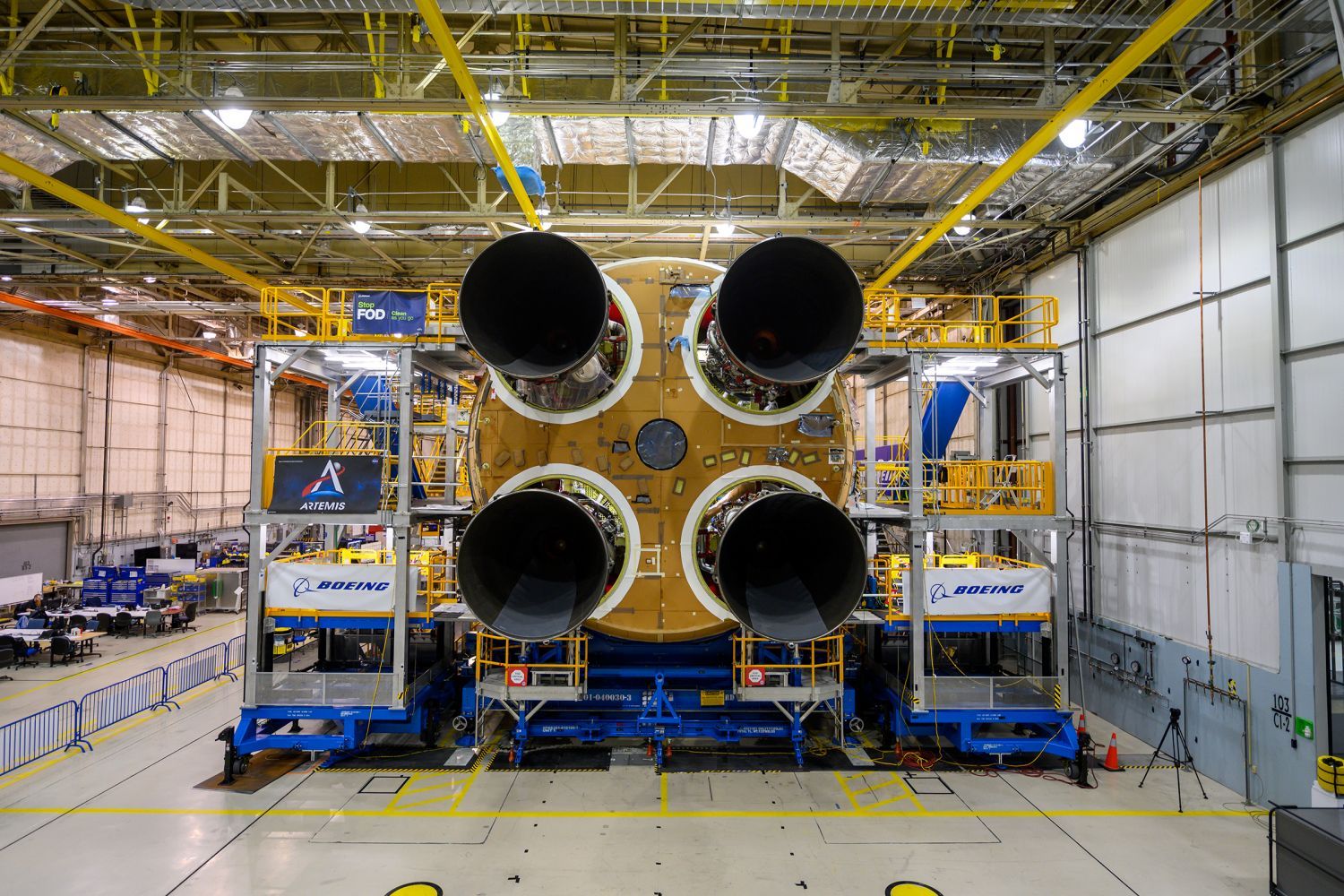Boeing, the prime contractor for the Space Launch System (SLS) rocket, is preparing for the possibility that NASA may end the program.
On Friday, February 7, David Dutcher, Boeing’s Vice President and SLS Program Director, held an emergency meeting with approximately 800 employees involved in the project. The six-minute meeting, which did not allow for questions, was described as "cold and scripted" by an internal source cited by ArsTechnica.
Boeing informed employees that its contracts with NASA may conclude in March, potentially leading to layoffs. The company issued notifications to affected employees in compliance with the Worker Adjustment and Retraining Notification (WARN) Act, which requires U.S. employers with more than 100 full-time employees to provide 60 days' advance notice in the event of mass layoffs or plant closures.
"To align with Artemis program reviews and cost expectations, we informed our SLS team today about the possibility of reducing approximately 400 positions by April 2025," a Boeing spokesperson stated.
"We are working with our customer and exploring opportunities to relocate employees within the company to minimize job losses."
White House Debate Over the Future of SLS
Boeing's announcement coincides with the upcoming release of the U.S. government’s budget proposal for the 2026 fiscal year. The preliminary document is expected to outline spending priorities for Congress and economic projections, though it is not legally binding.
Sources indicate that there is ongoing debate within the White House and NASA leadership, led by acting Administrator Janet Petro, regarding the future of the SLS rocket and the Artemis program. While some officials advocate for canceling the rocket, Petro has urged the government to allow at least the Artemis II and Artemis III missions before making a final decision.
Critics of the SLS argue that its high cost—over $2 billion per launch, excluding payload and ground infrastructure costs—justifies its cancellation. They warn that continuing the program until the first lunar landing could slow progress, as major contractors may extend work to secure funding through fixed-margin contracts.
Delays and High Costs
Friday’s meeting suggests that Boeing considers the possibility of SLS cancellation a serious concern, potentially appearing in the next U.S. budget proposal.
Congress mandated NASA to develop the SLS in 2011, using legacy components from the Space Shuttle, such as its main engines and solid rocket boosters. Although initially scheduled for a 2016 launch, its first mission did not take place until 2022.
The SLS program has cost approximately $3 billion annually, while private industry has made significant progress with more cost-effective solutions. Companies like SpaceX and Blue Origin have developed heavy-lift reusable rockets at a fraction of the cost, raising questions about the economic viability of the government-funded program.


Comentarios
Para comentar, debés estar registrado
Por favor, iniciá sesión